Mozambique: CDD accuses government of refusing to legalize Union of Agricultural Extension Workers
Mozambique: President Chapo inaugurates sesame processing plant in Nhamayabuè
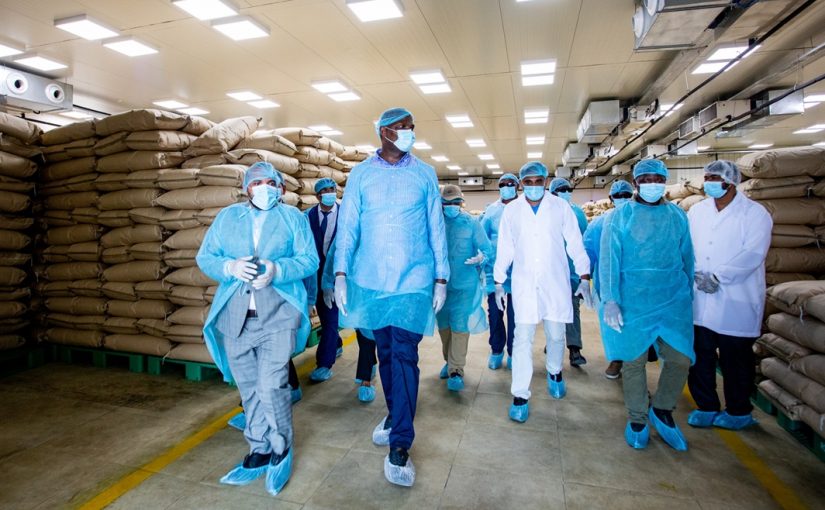
Photo: Presidency of the Republic of Mozambique
Mozambique has a new sesame husking and processing plant, estimated at over US$30 million, to boost the processing industry and export of this product, announced the Mozambican President in Sofala province.
The announcement of the new plant, located in Nhamayabuè, Dondo district, central region of the country, was made by the Head of State, Daniel Chapo, during the launch of the 2025/2026 Agricultural Production Campaign in Sofala province:
“With this plant, Sofala stops being just a producer. It also becomes a processor and exporter, generating employment, income and added value for the country.”
The plant, inaugurated on Thursday, represents an investment estimated at just over US$30 million (€25 million) by Singapore-based company Robust International, with plans to employ 1,000 workers, 95% of whom will be local labour, and an annual output of 20,000 tonnes.
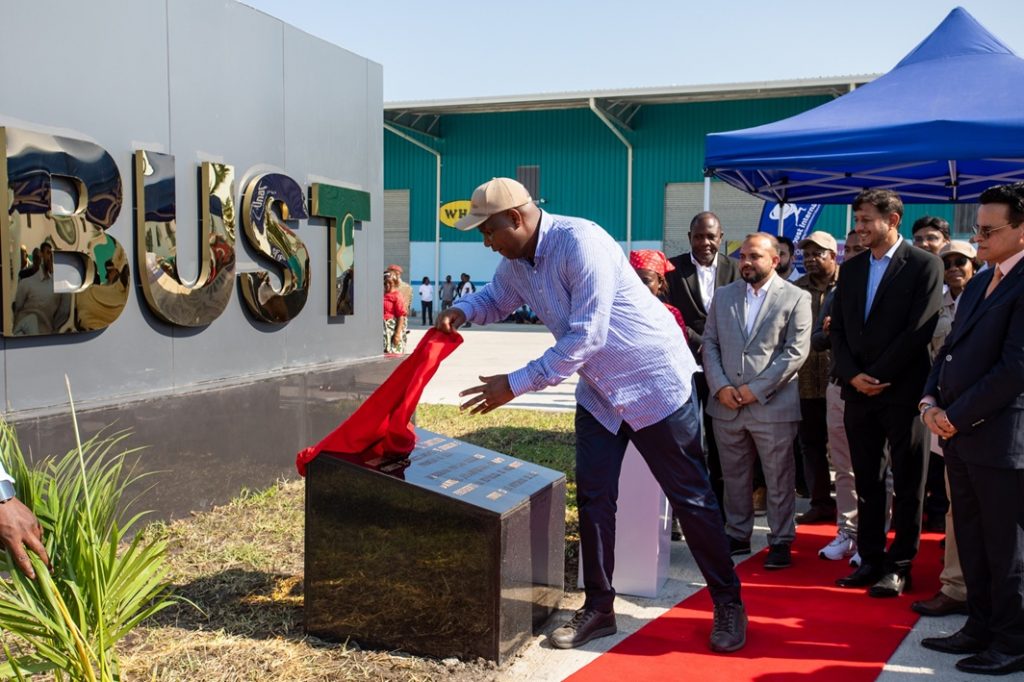
“With this plant, the seed from our fields now generates wealth within our borders. What previously left as raw material now returns to the world as a processed product ‘Made in Mozambique’, with certified quality and national pride,” said the Head of State. He added that the new plant, besides being a source of wealth and development, represents another step towards Mozambique’s goal of economic independence.
“With this plant, more than 35,000 small producers – many of them family farmers – now have a secure, predictable and fair market to sell their sesame, becoming an active part of a modern, technological and globally oriented productive value chain. Thus, we are strengthening the productive integration between family farming, the private sector and producer cooperatives,” stated the Mozambican President.
For Chapo, the inauguration of this industrial unit also represents a qualitative leap in Mozambique’s agricultural sector, which could enable the transition from production to processing, and from the farming field to export.
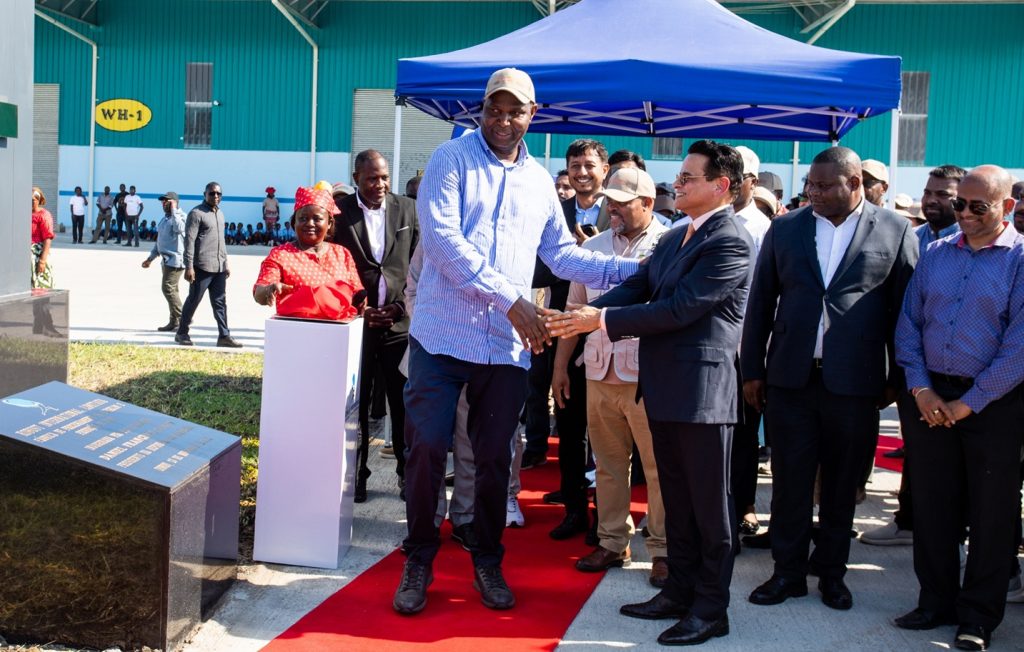
“Sesame is now one of our most promising crops. Mozambique is one of the world’s eight largest producers, part of the Top 10. Therefore, I would like to take this opportunity to invite Mozambican youth seeking work. We have said we will work. This plant does not yet have enough raw material. The owners are currently requesting about 26,000 hectares of land,” Chapo pointed out.
He set the goal of encouraging more young people to cultivate their own fields, though “even that will not be enough.”
“They will still need to buy sesame to be able to process it in this plant. So, young Mozambicans from Rovuma to Maputo, Mozambican women and men, you are invited to produce sesame, because it is already purchased by this plant, so that you make money (…) This crop supports more than 350,000 small-scale farmers,, especially in the provinces of Cabo Delgado, Nampula, Zambézia, Tete and Sofala, directly contributing to food security and increasing the country’s agricultural exports,” he said.
At the national level, current sesame production is around 200,000 tonnes per year, with Sofala contributing 25% of this total, where the districts of Dondo, Caia, Chemba, Maríngue, Nhamatanda and Gorongosa stand out, acknowledged the Head of State.
“This plant recognises the effort of our farmers– men and women – who work with their hands, with their hearts and with hope in our Mozambique. Their sweat is now transformed into economic value. The greatest value of this project is not in the machines, but in the Mozambican lives that it transforms and will continue to transform,” affirmed the Head of State.
READ: Mozambique: Robust International invests over 30 million to build a sesame processing unit In Sofala
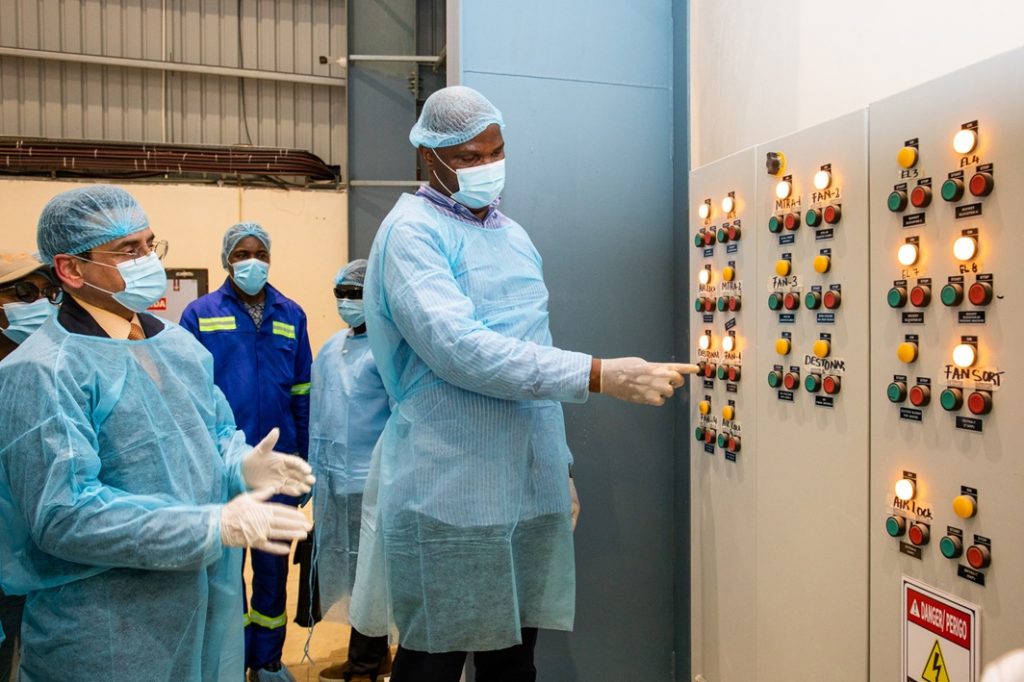


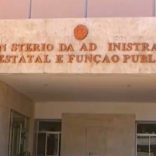









Leave a Reply
Be the First to Comment!
You must be logged in to post a comment.
You must be logged in to post a comment.